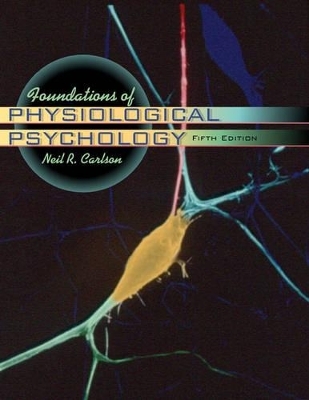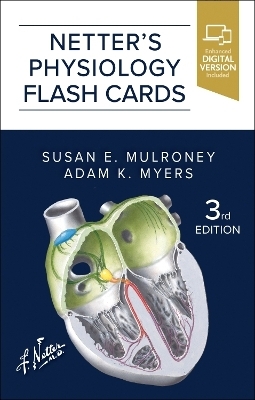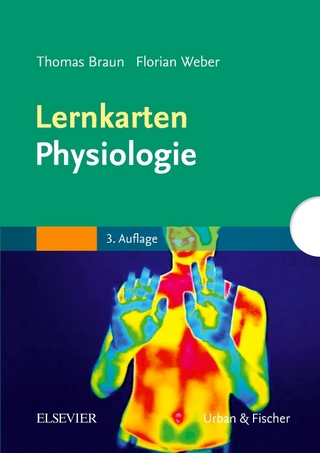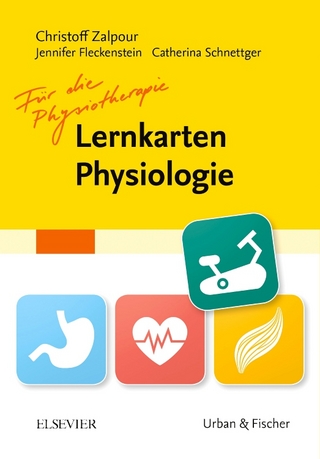
Foundations of Physiological Psychology with CD
Pearson
978-0-205-33435-3 (ISBN)
- Titel erscheint in neuer Auflage
- Artikel merken
A revision of the successful text that incorporates the most up-to-date changes from the quick-paced field of biological psychology.
Completely re-written and re-conceived in every edition, this book marries the clinical aspects of the field with the roots of biological research. Carlson uses many human examples to help make the material interesting and relevant to the student readers.
Each chapter includes “Interim Summary,” “Prologue,” “Epilogue,” “Key Concepts”,and “Suggested Readings.”
1. Origins of Physiological Psychology.
Understanding Human Consciousness: A Physiological Approach.
The Nature of Physiological Psychology.
Ethical Issues in Research with Animals.
Careers in Neuroscience.
Strategies for Learning.
2. Structure and Functions of Cells of the Nervous System.
Cells of the Nervous System.
Communication within a Neuron.
Communication between Neurons.
3. Structure of the Nervous System.
Basic Features of the Nervous System.
The Central Nervous System.
The Peripheral Nervous System.
4. Psychopharmocology.
Principles of Psychopharmacology.
Sites of Drug Action.
Neurotransmittters and Neuromodulators.
5. Methods and Strategies of Research.
Recording and Stimulating Neural Activity.
Neurochemical Methods.
Genetic Methods.
6. Vision.
The Stimulus.
Anatomy of the Visual System.
Coding of Visual Information in the Retina.
Analysis of Visual Information: Role of the Striate Cortex.
Analysis of Visual Information: Role of the Visual Association Cortex.
7. Audition, the Body Senses, and the Chemical Senses.
Audition.
Vestibular System.
Somatosenses.
Gustation.
Olfaction.
8. Sleep and Biological Rhythms.
A Physiological and Behavioral Description.
Why Do We Sleep?
Physiological Mechanisms of Sleep and Walking.
Disorders of Sleep.
Biological Clocks.
9. Reproductive Behavior.
Sexual Development.
Hormonal Control of Sexual Behavior.
Neural Control of Sexual Behavior.
Parental Behavior.
10. Emotion
Emotions as Response Patterns.
Expression and Recognition of Emotions.
Feelings of Emotions.
Aggressive Behavior.
11. Ingestive Behavior.
Physiological Regulatory Mechanisms.
Drinking.
Eating and Metabolism.
What Starts a Meal?
What Stops a Meal?
Brain Mechanisms.
Eating Disorders.
12. Learning and Memory.
The Nature of Learning.
Learning and Synaptic Plasticity.
Perceptual Learning.
Classical Conditioning.
Instrumental Conditioning and Motor Learning.
Relational Learning.
13. Human Communication.
Speech Production and Comprehension: Brain Mechanisms.
Disorders of Reading and Writing.
14. Neurological Disorders.
Tumors.
Seizure Disorders.
Cerebrovascular Accidents.
Disorders of Development.
Degenerative Disorders.
Disorders Caused by Infectious Diseases.
15. Schizophrenia, the Affective Disorders, and the Anxiety Disorders.
Schizophrenia.
Major Affective Disorders.
Anxiety Disorders.
16. Autistic Disorder, Stress Disorders, and Drug Abuse.
Stress Disorders.
Drug Abuse.
References.
Name Index.
Subject Index.
| Erscheint lt. Verlag | 27.7.2001 |
|---|---|
| Sprache | englisch |
| Maße | 225 x 283 mm |
| Gewicht | 1449 g |
| Themenwelt | Geisteswissenschaften ► Psychologie |
| Studium ► 1. Studienabschnitt (Vorklinik) ► Physiologie | |
| ISBN-10 | 0-205-33435-0 / 0205334350 |
| ISBN-13 | 978-0-205-33435-3 / 9780205334353 |
| Zustand | Neuware |
| Haben Sie eine Frage zum Produkt? |
aus dem Bereich


